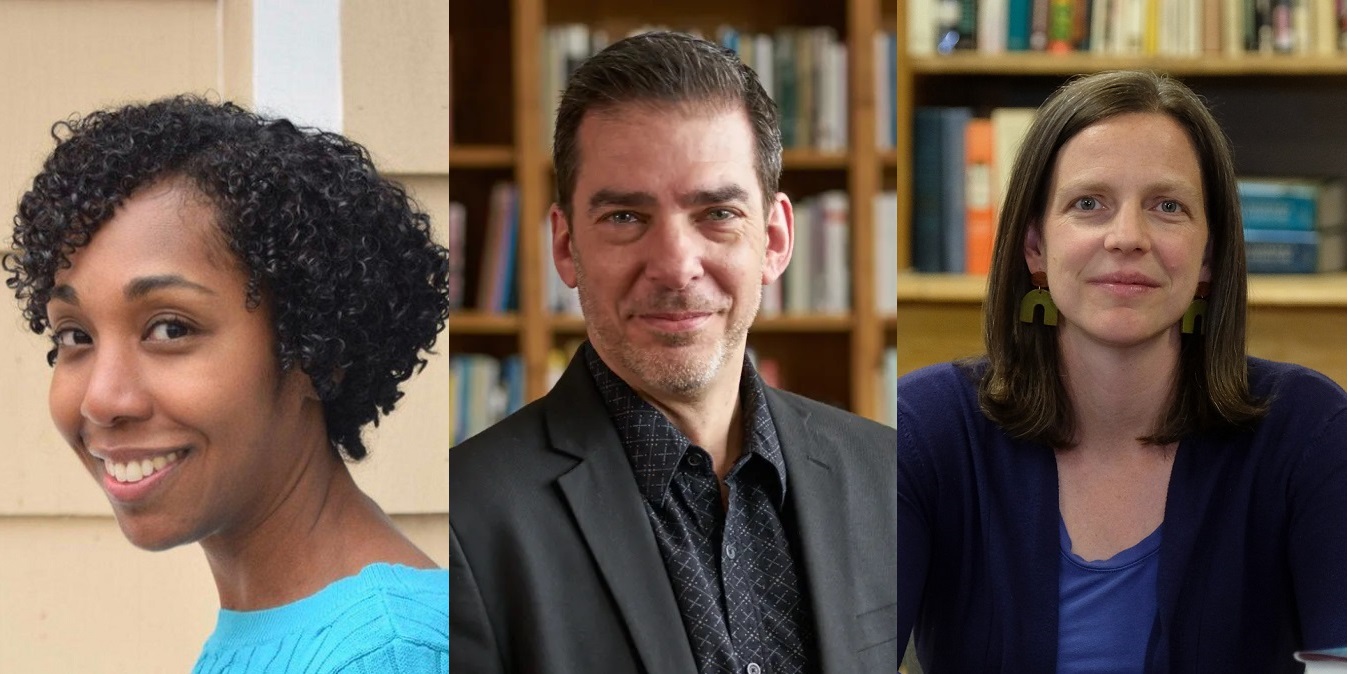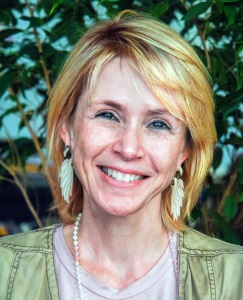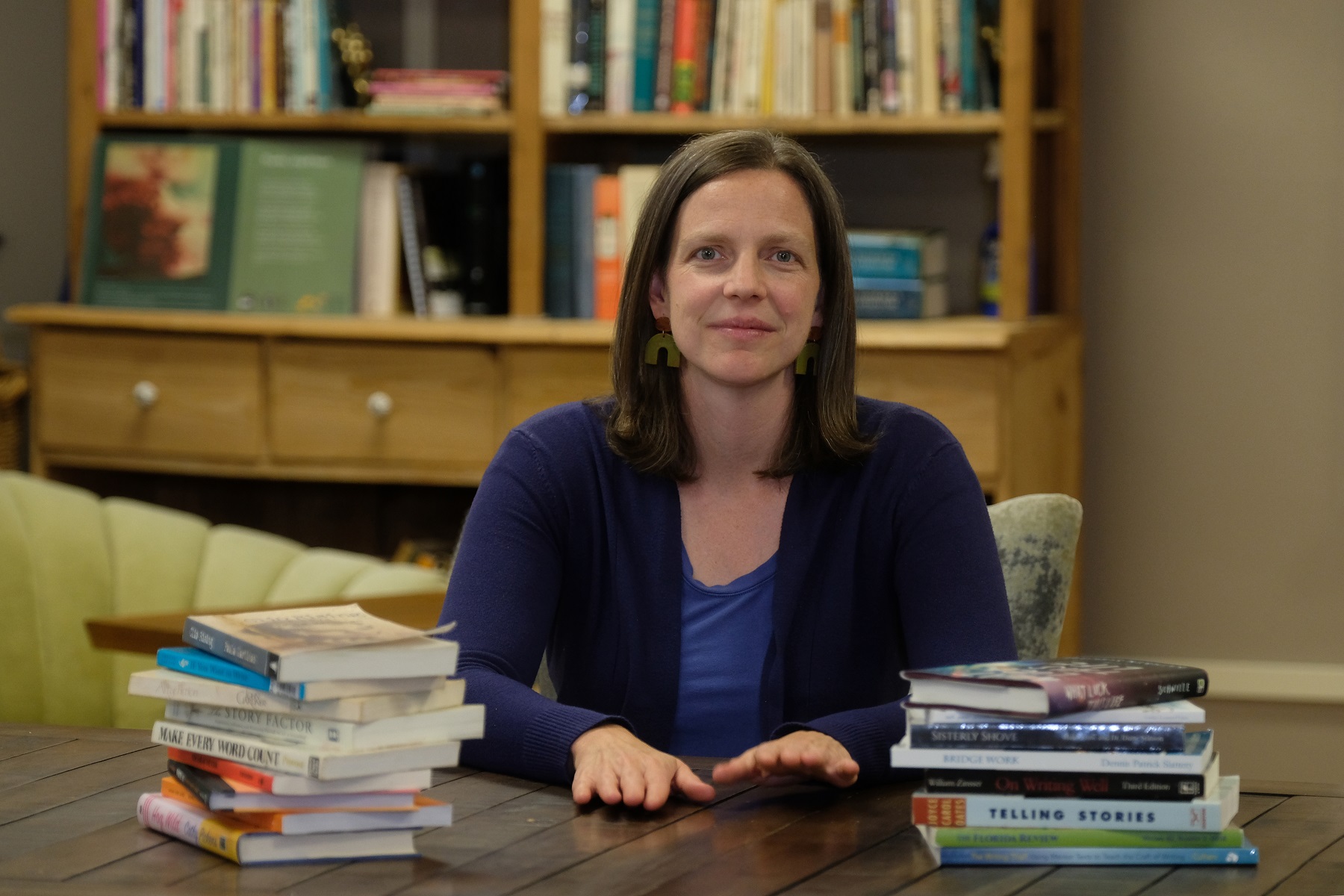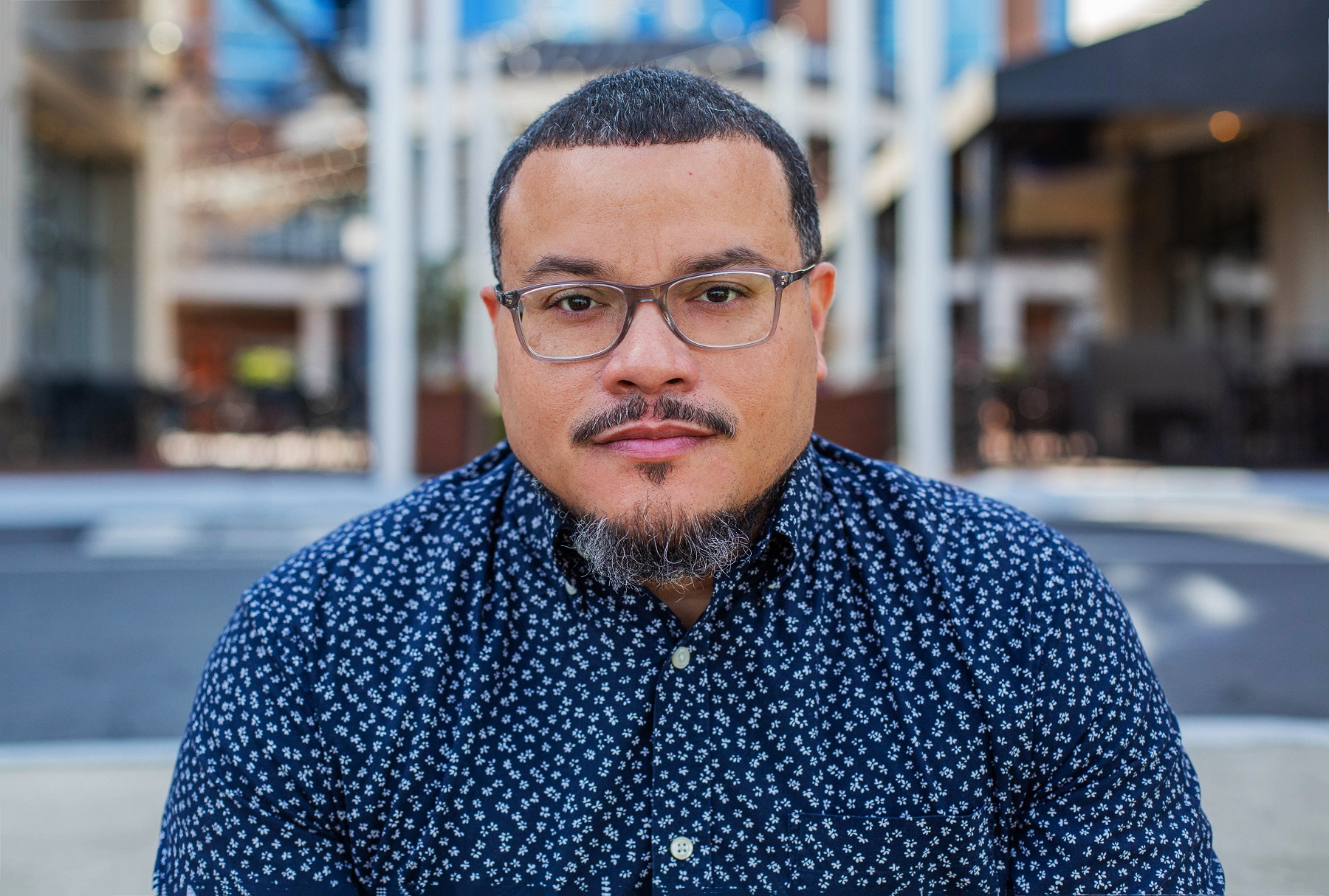What’s the Word? Helping Local Writers Find Their Voices And Create a Community of Authors And Poets

By Page leggett
“As artists, we can wonder about the value of what we’re adding to the world,” said Patrice Gopo, a Charlotte-based essayist and children’s picture book author.
“Getting a grant from the ASC was affirmation that what I’m doing matters.”
Gopo has received multiple ASC awards. Her first was a Regional Artist Project Grant (now Artist Support Grant) in 2015.
In honor of National Arts & Humanities Month, we’re shining a spotlight on the local literary scene and some of the talented writers who call Charlotte home. ASC funding has helped create a thriving literary community while helping individual authors, like Gopo, hone their craft.
To get a sense of how the written and spoken word are flourishing in Charlotte, just visit Charlotte Center for Literary Arts in Plaza Midwood. Since its founding in 2016, the nonprofit “Charlotte Lit” has offered a packed schedule of classes and literary events.

“From our perspective, Charlotte’s literary scene is thriving – maybe in a way it never has,” said Kathie Collins, co-founder, along with Paul Reali, of Charlotte Lit.
Collins gives credit to organizations that have long supported literary endeavors.
“The [Charlotte Mecklenburg] Library Foundation’s annual Verse and Vino is a wildly popular fundraising event and the library hosts a number of programs for writers at their branches,” she said. “Local colleges are active, too. Central Piedmont’s Sensoria – launched almost 30 years ago by poet and educator Irene Blair Honeycutt, Arts at Queens and UNC Charlotte all bring writers to Charlotte.”
Charlotte Lit is an essential part of the scene, too, hosting more than 100 craft classes, readings and community conversations every year. Collins mentioned Charlotte Writers Club, Goodyear Arts and the Charlotte Center for the Humanities & Civic Imagination as other organizations helpful to writers.
Local talent, national reputations
Several local writers have found a big fan base across the country. Reali said, “Commercial success can be elusive, but there are many success stories here.”
While saying he’s sure he’s going to leave people out, Reali’s list of notable Charlotte authors includes Kathy Reichs (author of 20+ crime novels featuring forensic anthropologist Temperance Brennan), Huntersville’s Megan Miranda (author of nearly 20 YA and adult suspense novels) and A.J. Hartley, author of close to 30 novels.
And his list goes on.
“Other well-published local writers include novelists Joy Callaway, Bryn Chancellor, Sarah Creech, Kimmery Martin and Kim Wright; LGBTQ writers Paula Martinac and Amber Smith; crime writers Mark de Castrique; Webb Hubbell and Cathy Pickens; faith-based writer Robert Whitlow; memoirists Judy Goldman, Rebecca McClanahan, Tommy Tomlinson and Kathy Izard; and indie authors Gail Z. Martin, Jennifer Ruff, Danielle Stewart and Jessica Peterson.”
“In poetry, Morri Creech was a Pulitzer Prize finalist; the late Anthony S. Abbott is a member of the N.C. Literary Hall of Fame; Dannye Romine Powell has five collections; and there are dozens more publishing collections and poems in literary journals,” Reali added.
You can read their work – it’s widely available – for yourself. You can also meet and learn from them. Charlotte Lit hosts events featuring local literati – and offers classes taught by them.
Many of the writers Reali named are on Charlotte Lit’s paid faculty.
“So, we’re putting more than $75,000 annually into writers’ pockets,” he said. “We’ve very excited about our Lit/South Awards. The second annual competition is open now [through Nov. 1] and will award $7,000 in prize money, plus publication in our new literary journal, Litmosphere.”
A literary benefactor

Like Charlotte Lit, ASC has been offering financial support to writers for years – including to Charlotte Lit.
“ASC played a fundamental role in helping us get established,” said Reali, who offered a “shout out to [former ASC President] Robert Bush for taking a chance on us when we were babies on the arts scene.”
ASC’s funding support has had far-reaching impact.
“There are countless projects that would never come to fruition without the ASC’s grant support,” Collins said. “We personally know many writers who have been able to complete projects, buy equipment, attend conferences and retreats and get the gift of time through ASC funding.”
Gopo is among them.
Thanks to ASC support, she went to Wildacres Retreat in the North Carolina mountains for a 2016 writing residency, where she wrote and refined essays for her collection, “All The Colors We Will See.” One that she said particularly resonates with readers is “For My Husband Driving Down a Mountain.”
Recently, she added a new genre to her writing repertoire.
“I wanted to create stories that show representation in children’s literature,” she said. “ASC believed in my vision and helped me achieve it.”
Her most recent ASC grant went toward hiring a picture book coach. Gopo said, “She helped me turn a manuscript that was in good shape into great shape.”
Megan Rich, an author who teaches at Charlotte Lit and whose fiction and creative nonfiction explores female voices in unlikely places, has benefitted from ASC support, too.
“The very generous grant I received from ASC has helped to grow both my network and my skillset,” she said. “I have attended two workshops … which have helped me find my spark again for writing, especially in a new genre to me – personal essays.”
Rich will attend two residencies in the coming months which she said would’ve been difficult without support from the 2022 ASC Creative Renewal Fellowship.
ASC’s support, Rich said, benefits established writers as well as those just starting out.
“ASC [funding] goes a long way to help those who are already literary artists as well as those in the early stages of their careers,” she said. “In addition, the social media and other communication provided by ASC help tremendously to amplify what is already happening.”
Writers helping writers

And there’s a lot happening.
Collins cites the installation of Jay Ward as our city’s first poet laureate as “a huge change in Charlotte’s literary landscape.”
It’s evidence that city leaders understand the importance of literature to the community, she said, adding, “Jay is a fabulous poet and a committed leader. I’ve no doubt he’ll do a ton to elevate literature during his two-year tenure.”
“And, though it’s still not easy to get press for literary events, we’re seeing writers find ways to promote one another’s work,” Collins added. “Landis Wade’s Charlotte Readers Podcast and [UNC Charlotte Professor] Mark West’s Storied Charlotte blog are great examples of writers working to elevate literature and promote local authors.”
A community of scribes
Writing is a mostly solitary endeavor, so most writers crave a community to share the joys, the struggles (Writer’s block! Revisions!) and first drafts.
Reali said one of the most vital things Charlotte Lit does is “to help writers find their people.”
The library helps bring writers and readers together, too. Collins cited the library’s annual Community Read initiative and said, “It gets book clubs ‘on the same page’ once a year.” There’s also a budding collaboration among Charlotte Lit, Goodyear Arts, Johnson & Wales’ West Trade Review and Jay Ward to host an annual emerging poet fellowship.
Rich sees Charlotte as a city that nurtures literary talent.
“It’s awesome to see how organizations are reaching out to new writers and helping them find the larger community,” she said. “The literary world can be an intimidating place, but I have found that writers and organizations that support them are very down-to-earth and seem to cater to those who are new to this world.”
Write on!

